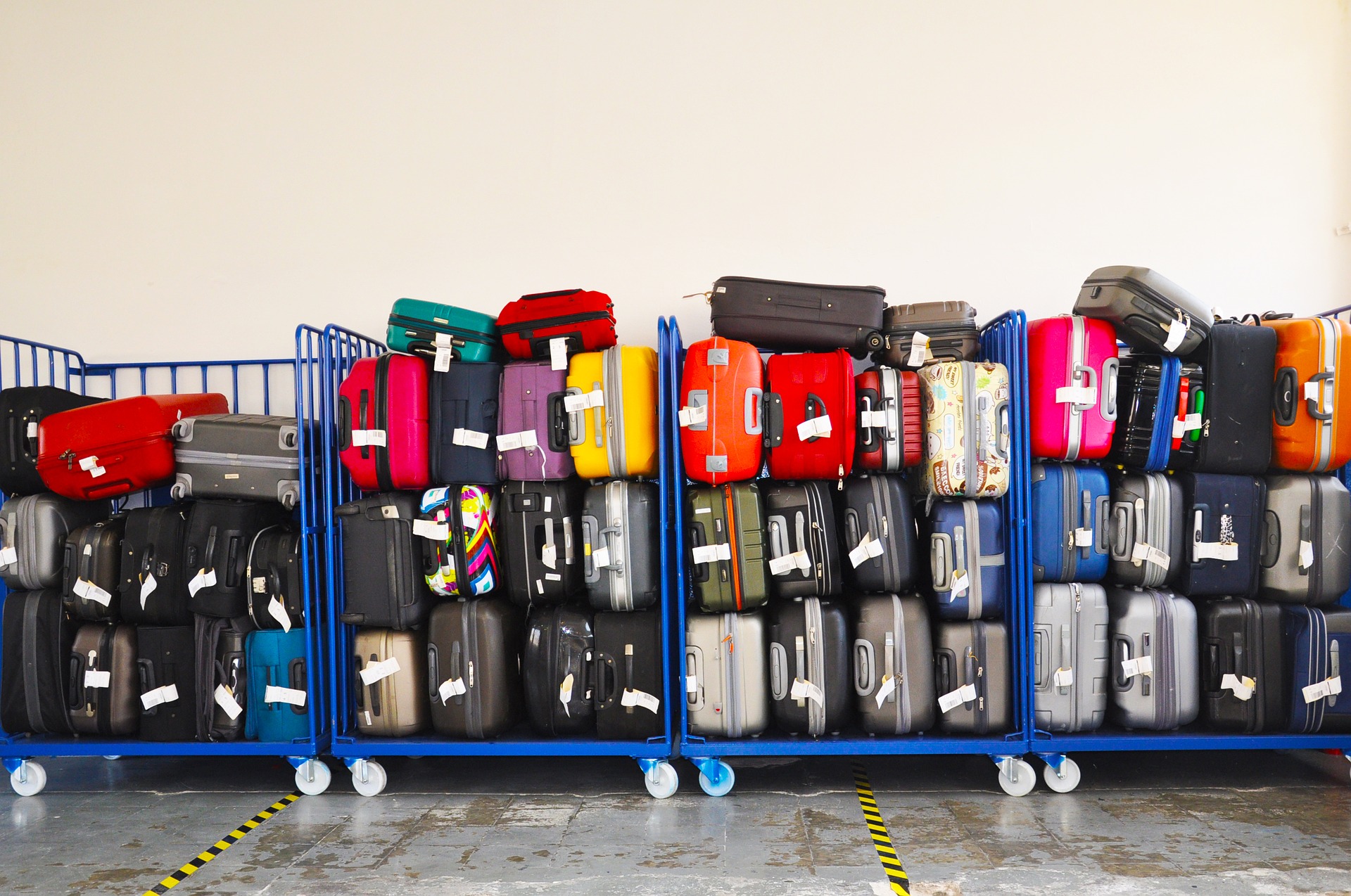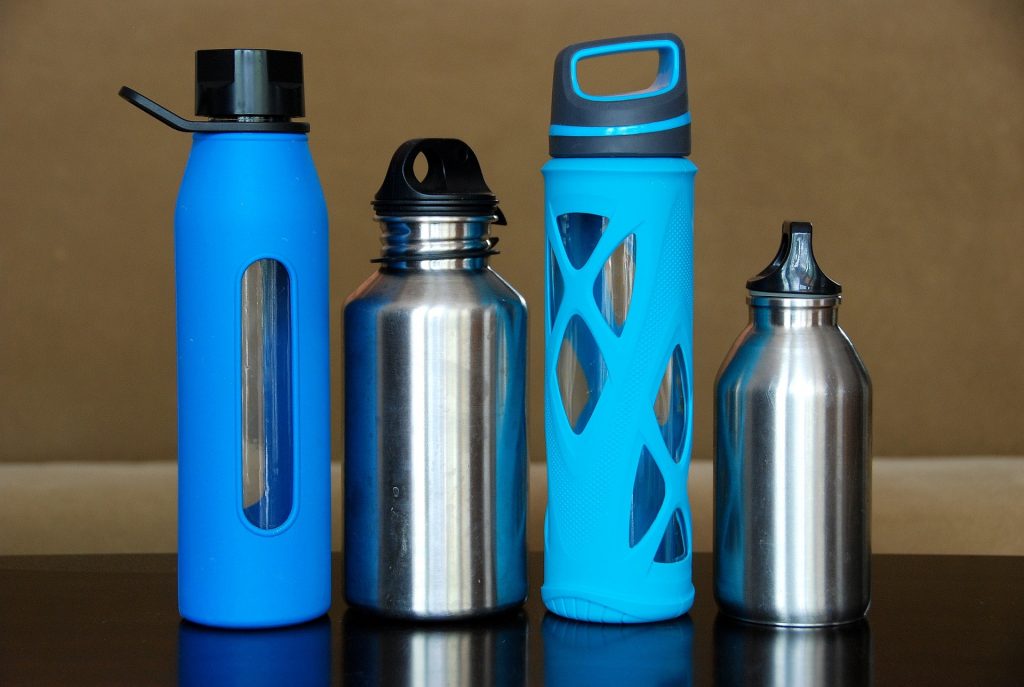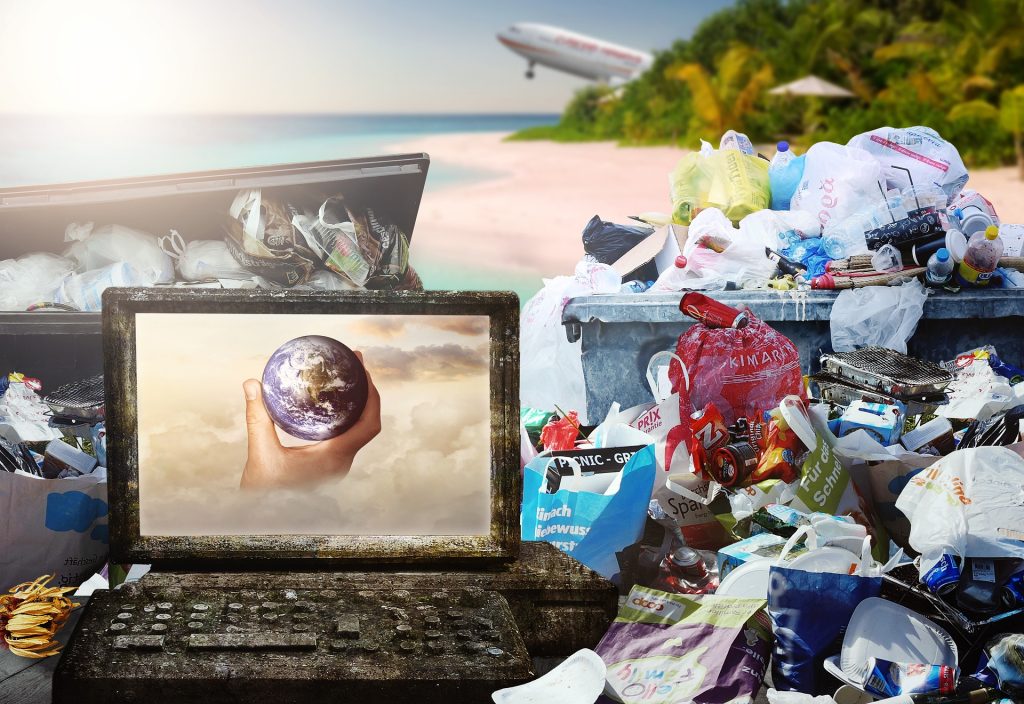How to Make Your Trip More Eco-Friendly

We’re currently living in a world where the importance of looking after our planet is high on a lot of people’s priorities. More and more of us are becoming aware of the impact our carbon footprint has on the globe and are already taking steps to limit this. However, it’s probably fair to say that most of us could be doing more to help the earth when we travel green . To help you do just that, here are some tips on how to travel greener.
Limit Your Baggage
Of course, there are many good reasons to reduce the weight of your baggage when you head off on a trip. Carrying too much around with you, especially if you’re hopping on and off public transport, is just a burden for your back. But you might be surprised to hear that carrying too much baggage also affects plane and car travel. With plane travel, for example, the more a plane weighs, the higher the carbon emissions will be throughout the journey. This is why every kilo you take with you matters. By only taking cabin baggage – or at least reducing the weight of your checked bag – you’ll be contributing to cleaner air while still enjoying your vacation.

Avoid Bottled Water (If You Can) and Plastic Bags
Pretty much everyone now understands the devastating effect plastic has on the environment. Not only does it take years to biodegrade, but some countries are inadept at getting rid of it efficiently, meaning it can end up being dumped, effectively ruining landscapes and environments. As a green traveler, you should take care not to use plastic bags or bottles wherever possible. If you’re planning on doing some shopping on your trip, pack a reusable shopping bag and ask not to be given plastic ones.
Obviously, in some destinations, it’s necessary to drink bottled water if the tap water isn’t drinkable. The best way of getting around this is to take your own reusable water bottle and either use purification tablets to clean the water or fill it up at water fountains. If you do find you have to buy a plastic bottle, reuse that instead.


Choose Eco-Friendly Accommodation
Ecotourism is booming and with it comes the rise of the eco-hotel and eco-hostel. Lots of accommodations are now actively trying to make themselves more eco-friendly. This can include recycled products such as paper, solar power, collecting rainwater, organic produce for meals, and promoting environmental practices such as forest and beach clean-up operations, among many others. Staying somewhere that makes taking care of the environment a priority will reduce your travel emissions and allow you to do your part in protecting the earth.
Behave in Your Accommodation as You Would Do at Home
When you’re on vacation, it’s very tempting to make the most of your accommodation by taking longer showers, leaving the lights on or electronics on charge overnight, requesting clean towels every day, and keeping the air conditioning on while you’re out so it’s nice and cool when you return. After all, you’ve paid the money, haven’t you? Why shouldn’t you be able to use it? However, doing these things is obviously not good for the environment, so it’s better to treat your accommodation in the same way as you would when you’re at home. Turn off lights and appliances when you’re not using them, keep your showers as short as possible, and ask the housekeeping staff to change your sheets and towels only when necessary.

Spend Your Money Locally
When on the road, especially if you’re planning to travel for an extended period of time, it can be tempting to buy a few imported products from your home country as a little luxury, or even just for a taste of the familiar. The problem is, those products have had to be brought from your home country, which significantly impacts your carbon footprint if you indulge in them. Instead, be adventurous. Go for that local beer brand rather than your home favorite. When eating out, head to independent restaurants and cafes which use local produce. Wherever you can, buy products that have been made and packaged in the country that you’re visiting. This way, you can reduce your carbon emissions as well as support the local economy.

Take Direct Flights – Or Travel Overland
The majority of carbon emissions produced during a flight don’t take place during the time you’re up in the air; it’s when you’re taking off and landing. So, a great way to further reduce this is to take direct flights whenever possible. It may cost that little bit extra, but what’s another $50 or so when you’re saving the planet?
Obviously, there are times when your only option for transportation is an airplane. But if it is possible for you to travel overland, this should be your first choice. A lot of continents and areas, such as Europe and South-East Asia, have extensive and comprehensive public transportation systems, and the quality of buses and trains improves year after year. Yes, it may take you that bit longer to get to your destination, but there are many benefits to traveling overland, and they’re not restricted to keeping Mother Nature happy. Traveling by train or bus allows you to enjoy the landscape around you, as well as experience the local transportation of the country – or countries – you’re traveling in.
It might seem like a huge task to cut down on your carbon emissions when you’re traveling, especially when you consider the effects of air travel on the environment. But with some planning and consideration, it’s not that difficult. Follow these steps and you’ll soon find that green travel is not only better for Mother Nature, but also easy.

Book Your Travel to ANY Destination
Search, compare and book hotels & rentals at the best prices that are sourced from a variety of platforms including Booking.com, Hotels.com, Expedia, Vrbo, and more. Search for ANY destination by clicking in the upper left corner of this map. You can also use the filter to fine-tune your search, and find restaurants, attractions, and more!


Ali Jennings is a freelance writer, house sitter and teacher currently residing in the UK. She has travelled to many countries across Europe, Asia and Northern Africa. Since starting writing in 2013, she has contributed to a number of travel and news websites and is currently working on her first book. When she is not writing and teaching, she enjoys tabletop gaming, ice hockey, photography, and learning languages.